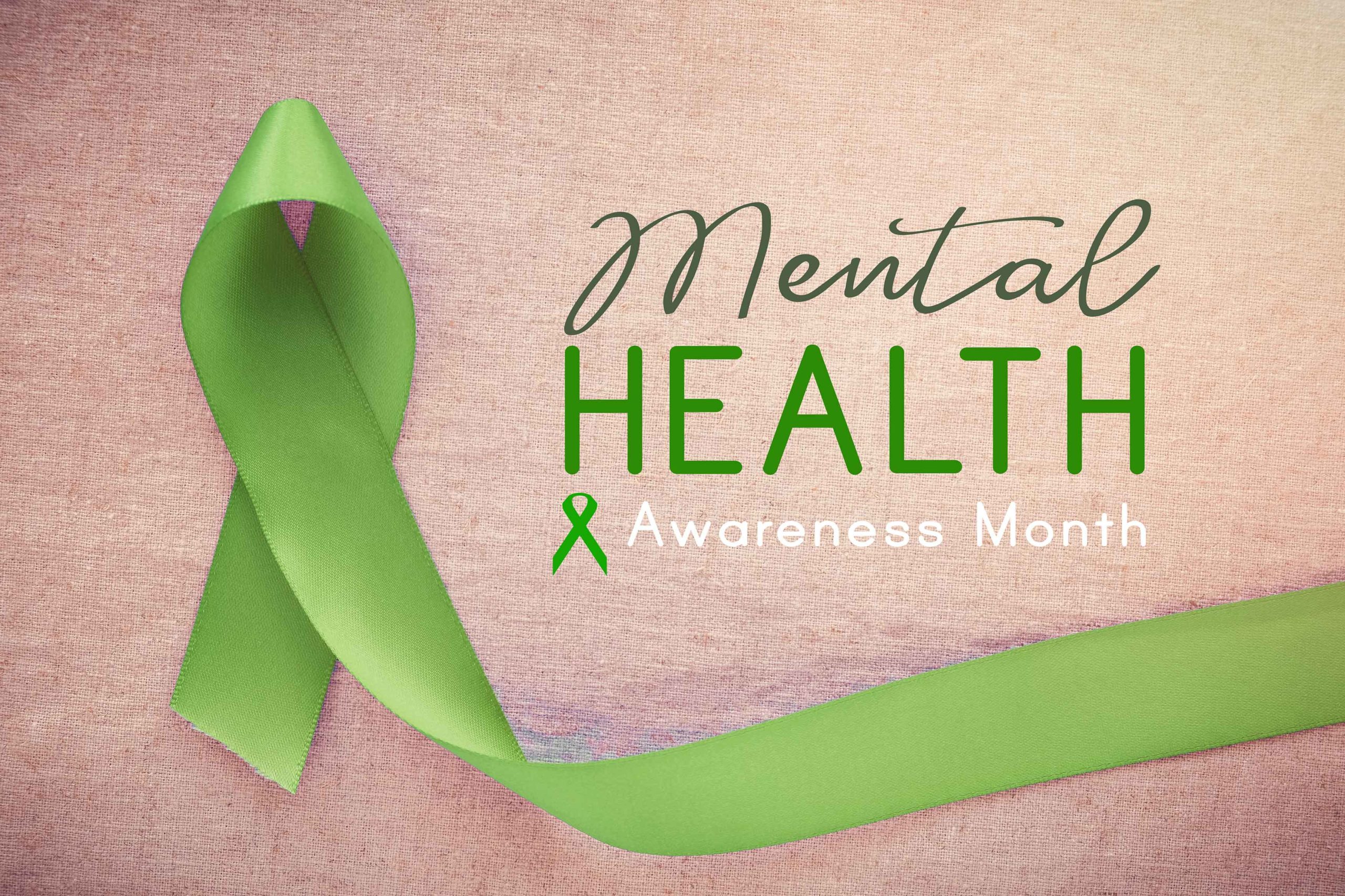Mental Health Awareness Month: What You Should Know
Mental Health Awareness Month has been observed in May in the United States since 1949, reaching millions of people through the media, local events and screenings.
At Jan Dils, Attorneys at Law, we are more than lawyers, we are compassionate people. While we have been practicing social distancing, we are still very much engaged in helping our clients. With the COVID-19 virus, many people have a lot of questions and need their benefits now more than ever.
But we also want to reach out personally. If you are feeling particularly down or stressed, you are not alone. Of course, for Social Security benefits we are here for you 100%. But also, please understand that organizations like the National Alliance on Mental Illness (NAMI) are here for you as well.
“We recognize that people affected by mental illness face additional challenges dealing with COVID-19,” states Daniel H. Gillison, Jr., CEO of NAMI. “Now, more than ever, it’s important to remember that there is no health without mental health. During these difficult times, we encourage you to take care of yourselves and check in on loved ones. You are not alone, and we will get through this together.
Mental Health as a Longer-Term Disability
Above and beyond, some people living with a mental health condition find that there are periods of time when working becomes too difficult, and they can no longer sustain employment. Fortunately, there are two national programs run by the Social Security Administration (SSA) that provide monthly income and health insurance for people unable to work. Here is some information on both programs:
Social Security Disability Insurance Benefits (SSDI)
To qualify for SSDI, you must have an impairment that prevents you from working for at least 12 months, and you must have worked and paid into the Social Security program (payroll taxes or FICA) for at least five of the last 10 years.
In 2014, the average SSDI monthly benefit was $1,165. In 2020, the amount is $1,260. However, the amount you receive is directly related to the amount of FICA taxes you have already paid into the FICA system over your working years.
Keep in Mind:
- Your spouse and children in high school and younger can also receive the benefits of your SSDI account.
- After 24 months on SSDI, you are eligible for Medicare benefits.
- You may also be eligible to receive Supplemental Security Income (SSI) benefits.
Supplemental Security Income (SSI)
SSI has two programs, one for adults and one for children (up to age 18).
Children: To quality for SSI benefits, children must have an impairment that has lasted or is expected to last for at least 12 months and that causes “marked and severe functional limitations.” The child’s family must have very low income and resources. When the child turns 18, the SSA will make a determination regarding whether or not he or she is eligible for SSI adult benefits.
Adults: To qualify for SSI benefits, you must have an impairment that prevents you from working on a regular and sustained basis. In addition, you must have very low income, resources and assets; to be exact, you cannot have more than $2,000 in assets. Spousal rules are in place as well; if you are married, your spouse must also have very low income, resources and assets. A couple may not have more than $3,000 in assets.
In 2015, the federal payment was $733/month for an individual and $1,100/month for a couple. In 2020, the monthly maximum Federal amounts is $783/monthly for an individual and $1,175 for a couple. However, the amount depends on several factors, including your living arrangements and household income.
Keep in Mind:
- For SSI purposes, assets do not include your primary residence, one car, wedding and engagement rings, certain types of financial support, burial savings up to $1,500 and additional exceptions.
- Depending on which state you live in, you may also receive a monthly supplement from the state.
- You are eligible for Medicaid coverage.
- Any adult who has paid enough into the FICA system may be eligible to receive SSDI benefits at the same time.
Disability Claims Process
Most Social Security applications are processed through a local SSA office. An attorney with disability claims experience can help you prepare your application and file it for you. Payment for disability representation is limited by law – no more than 25% of any retroactive SSI or SSDI payments you receive when you are awarded disability, but no more than $6,000 – whichever is the lesser amount. If your claim is won following an appeal to the Appeals Council or Federal Court, attorney fees will be up to 25% with no cap. At Jan Dils, Attorneys at Law, a consultation is always free, and we are only paid if you win your case.
Jan Dils, Attorneys at Law – Serving Disability Claims for More Than 25 Years.
Please note that we are in no way implying that the emotional impacts of COVID-19 are criteria for a claim. But we do represent clients that meet the above criteria for a variety of mental disorders. If you believe you are eligible, please do not hesitate to contact us. And if you are among the masses having a difficult time dealing with the emotional impact of COVID-19, please reach out to the National Alliance on Mental Illness. Your overall wellness is our first concern.
 Free Case Consultation
Free Case Consultation  Free Case Consultation
Free Case Consultation 

